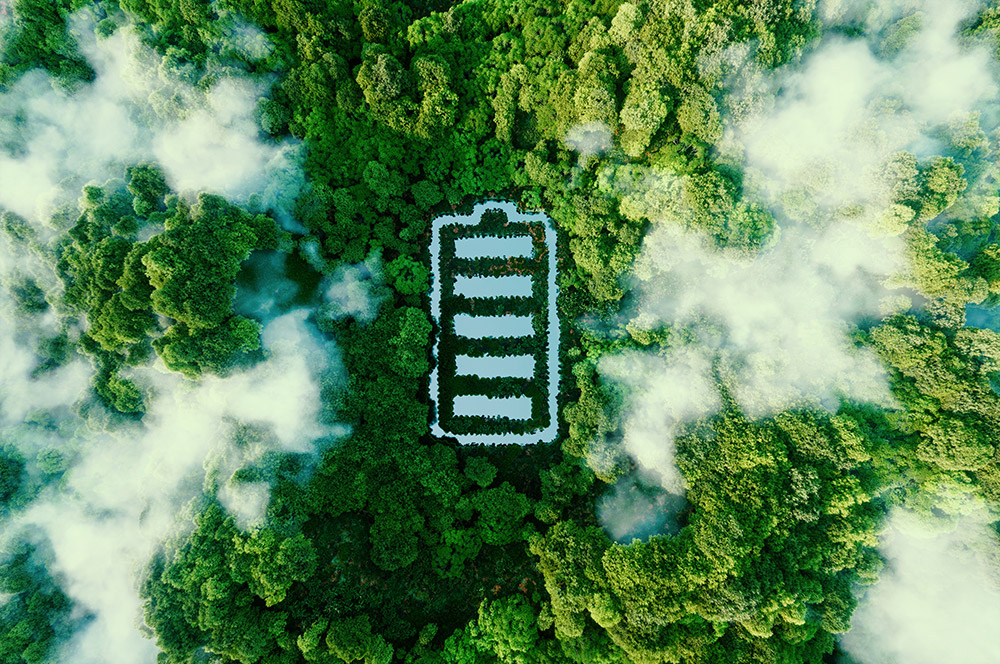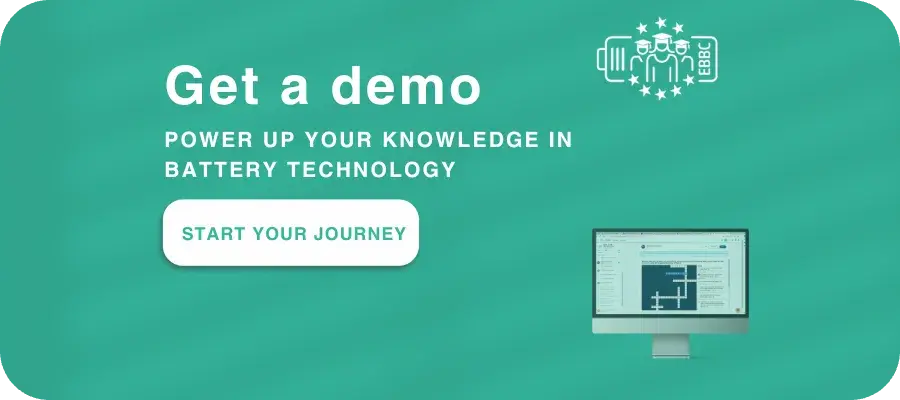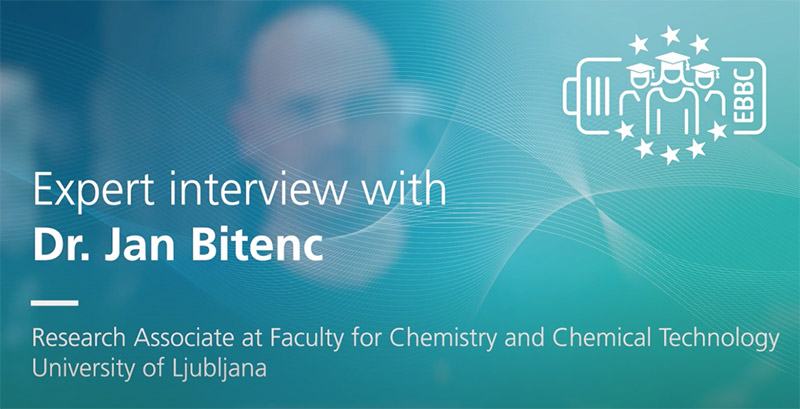Dr. Jan Bitenc is one of the experts whose extensive battery knowledge has helped to fill the EBBC with well-founded and up-to-date content. In this interview, he introduces himself and his work as a researcher at the University of Ljubljana and National Institute of Chemistry (Slovenia) in more detail. He also tells us why he became a battery researcher at all!
Hey Jan, why don’t you introduce yourself? Who are you and what exactly do you do?
Yes, of course! My name is Jan Bitenc and I work at the University of Ljubljana and National Institute of Chemistry. The research at the Faculty of Chemistry and Chemical Technology focuses on the synthesis, characterization, and development of advanced materials for sustainable, low-carbon energy solutions.
In addition I work in the Laboratory for Modern Battery Systems at the National Institute of Chemistry (NIC), which is working on advancing electrochemical energy storage by developing novel electrochemical materials and providing insight into electrochemical materials and battery cell properties. Our goal is to advance the scientific and technological understanding of electrochemical energy storage. Specifically in the context of sustainable energy systems where renewable energy would be stored in secondary batteries and released into the grid upon demand.
That sounds super interesting! Can you tell us more about your research?
The research is focused on rechargeable batteries, particularly those going beyond Li. My work mainly focuses on use of multivalent (Mg, Al, Ca) metals and their combination with organic materials. Our goal is to design batteries that would not be reliant on critical raw materials, while maintain high-energy density of contemporary Li-ions. This can be achieved by using energy dense multivalent metal and storing their cations in organic materials. This can provide another breakthrough in the battery research.
Parallel to this in our laboratory we are developing self-healing batteries and exploring new methods for constructing efficient electrode-electrolyte interfaces. Our approach aims to bridge the gap between fundamental science and applied engineering by addressing both academic and industrially relevant questions. Beyond creating improved battery systems, we focus on gaining a deep understanding of these systems. A key aspect of our research involves developing and utilizing advanced diagnostic tools to gain insights into the critical electrochemical processes and material properties.
So, you’re really deep into battery research! How did you get into it?
Already since my very young age I was very interested in chemistry and participated in International Chemistry Olympics as a high school student. Hence, the decision to study chemistry at University was very simple. After finishing my degree at the University of Ljubljana, I moved to the National Institute of Chemistry, where I got involved in battery research.
The focus of my PhD was Mg rechargeable batteries, where we opened a new path of development through application of organic cathode materials in these systems. During my PhD I spent extensive time at Chalmers University of Technology in Sweden and Argonne National Laboratory in the USA. After my PhD I started working on other multivalent systems and expanded my field of work to Al and Ca metal anode batteries.
Besides searching for new better battery materials, I am also developing new characterization tools such as operando ATR-IR. I have long-term experience with working on industry funded project through developing Mg-organic batteries for Honda R&D Europe.
We are very pleased that we could get such an experienced battery expert for the EBBC! Can you describe how you were involved?
I was involved in two of the five learning modules at the EBBC. In the Battery Materials module and the Battery Recycling module, we first developed a suitable didactic structure together with colleagues from Fraunhofer. Then we produced the content together – the goal was always to create an interactive and entertaining learning experience. You can therefore also see me in some video lectures – for example on the topics of battery materials or the main incentives for battery recycling.
What do you think makes the EBBC so special?
EBBC program is really special because it was specifically developed for asynchronous learning. So it’s basically learning on demand – you can study at home or in your office at any time of day you feel like it. This includes, for example, short videos, podcasts, quizzes or interactive graphics. So there are no long lectures, but short, concise and engaging learning elements. This allows you to work through the content at your own pace, making it easier to integrate learning into your everyday life!
Thank you, Jan for these insights!
If you would like to find out more about Jan and his research work or would like to contact him, please take a look at the following links:
- Connect with Jan on LinkedIn: Jan Bitenc
- Jan’s official webpage: https://www.ki.si/en/about-the-institute/find-employees/25/
- For all those who would like to see Jan in action, register for the EBBC here: Battery training.





